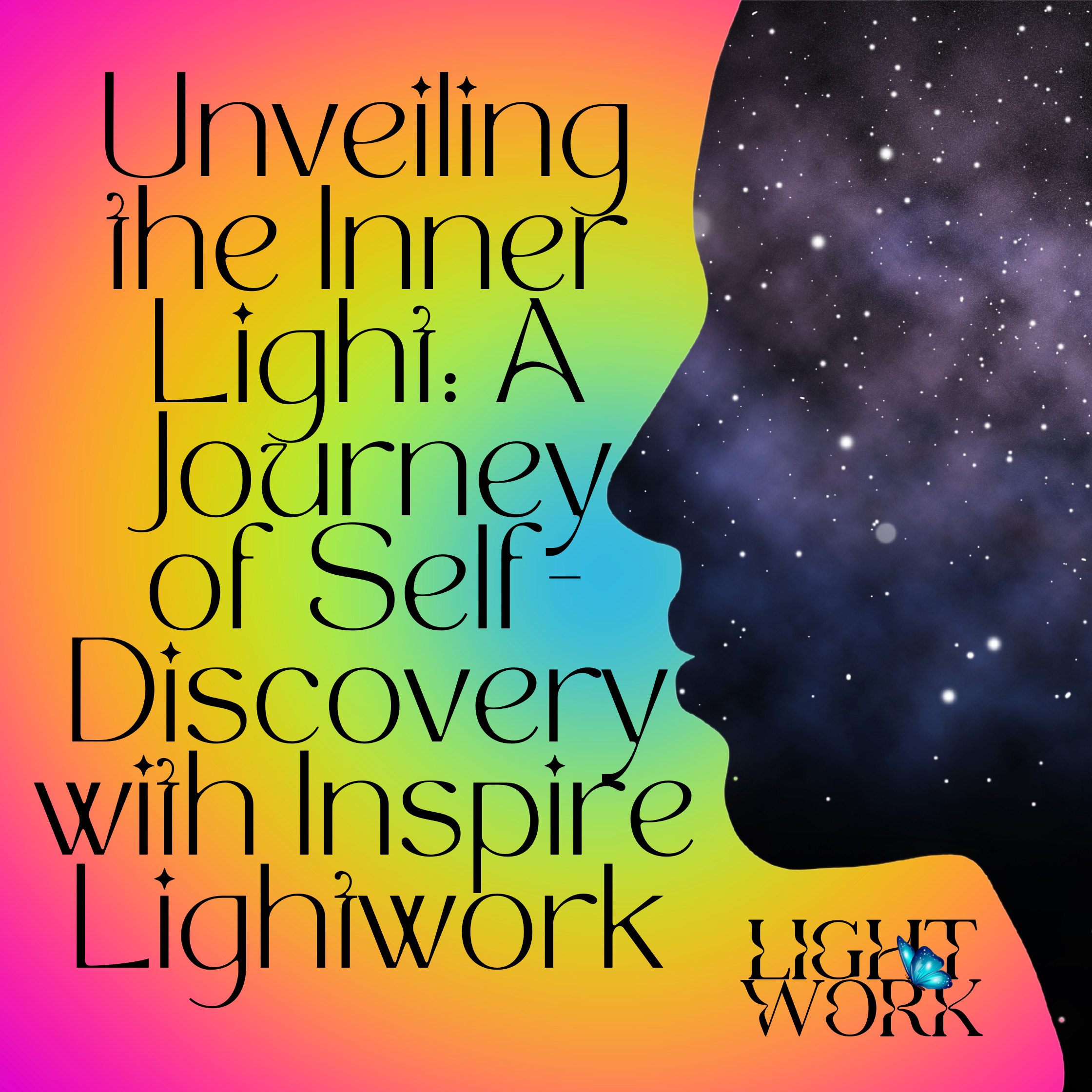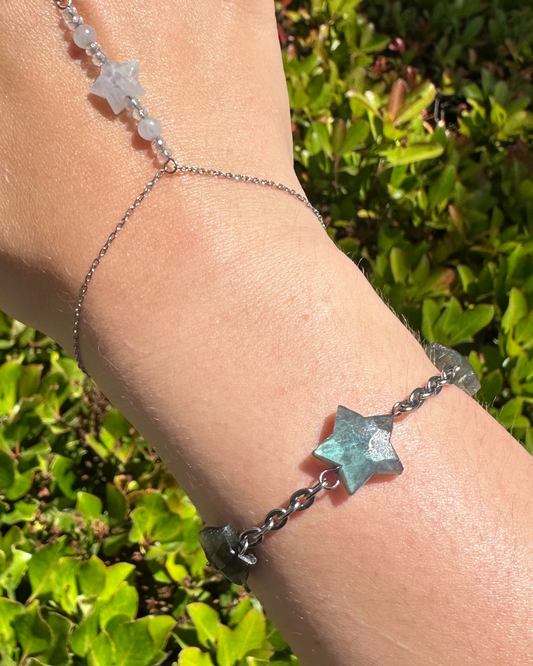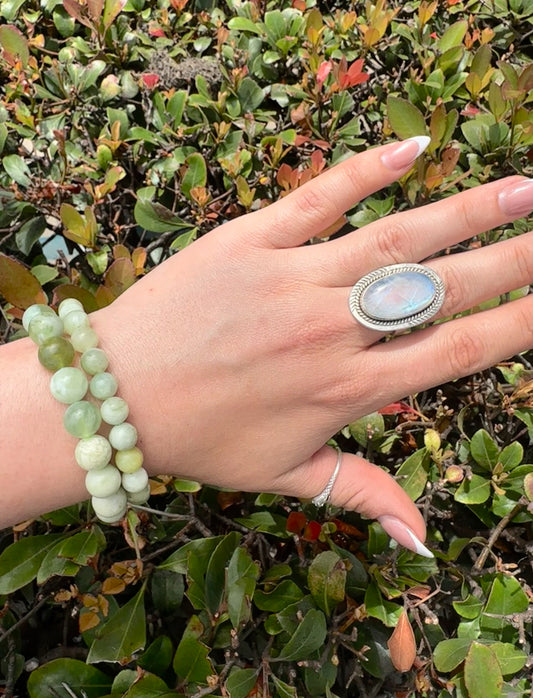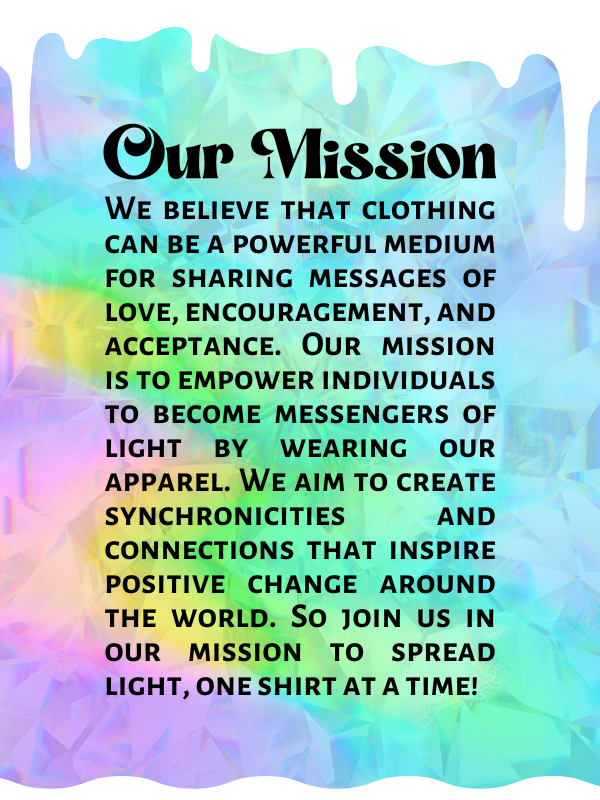Unveiling the Map Within: A Look at David Hawkins' Levels of Consciousness
Have you ever wondered why some days feel heavy and sluggish, while others vibrate with a lightness of being? This energetic dance within us is exactly what David Hawkins' Map of Consciousness seeks to illuminate. But fear not, this isn't just another dusty philosophical treatise. Buckle up, because we're about to embark on a journey using a vibrant and practical tool: John Mures' chart.
Think of Mures' chart as a detailed map of the inner landscape. It takes Hawkins' framework of energy levels and translates it into a clear visual representation. This chart, which you'll see right above this text, acts as a roadmap, guiding us through the different dimensions of consciousness, emotional states, and even our perspective on life.

By dissecting Mures' chart together, we'll gain valuable insights into the energetic underpinnings of our experience. Get ready to crack open the map within! We'll explore each section of the chart, revealing how our thoughts, feelings, and actions are all interconnected on this fascinating energetic journey. Let's break it down:
1: Dimensions

Now, let's delve into the nitty-gritty. The first section of the chart focuses on dimensions of consciousness. Think of dimensions like rooms in a grand house. The lower levels, ranging from 20 to 175, correspond to the third dimension. This is the realm of physical survival, where our focus is often on safety and security. The next room, the fourth dimension (200-400ish), represents a shift towards more psychological concerns like ego, relationships, and personal power.
As we move through the chart, we'll explore the fascinating interplay between these energetic levels and our inner world.
2: Emotional States

Our emotions are energetic signals, constantly providing us with feedback about our state of being. David Hawkins' Map of Consciousness assigns specific energy calibrations to different emotional states. For instance, shame (20) resides at the very bottom of the scale, indicating a state of deep contraction and powerlessness. Conversely, courage (200) sits at a much higher level, reflecting a sense of self-empowerment and willingness to take action.
As we move up the scale, the emotional landscape shifts. Anger (150) gives way to frustration (100), and acceptance (350) replaces judgment (125). Understanding how our emotions correspond to different energy levels can be a powerful tool for self-awareness. By observing our emotional state, we can gain valuable insights into our underlying energetic reality.
3: Associated Feelings

Beyond basic emotions, Mures' chart also incorporates more nuanced feelings associated with each energy level. At the lower end of the spectrum (20), we might experience humiliation or powerlessness. Climbing the scale, resentment (150) softens into frustration (100), and apathy (100) transforms into interest (150). These subtle distinctions offer a more detailed roadmap of our inner terrain.
By attuning ourselves to the specific feelings that arise within us, we can gain a deeper understanding of our energetic state. For example, noticing a persistent feeling of boredom (100) might indicate a need for stimulation or a shift in perspective. Conversely, feelings of peace (350) or gratitude (500) signal that we are resonating at a higher energetic level.
4: View of Life

Our energetic state also influences how we view the world around us. At the lower levels of the scale (20-200), life can feel like a struggle, filled with scarcity and limitation. However, as we ascend the energetic ladder (200-400), our perspective begins to shift. Hope (310) starts to replace despair (200), and we may experience a sense of possibility and opportunity. Reaching even higher levels (500+), the world transforms into a more abundant and supportive place. Compassion (540) and love (700+) become guiding principles, fostering a sense of connection and unity with all beings.
This interplay between energy level and worldview is a powerful concept. By understanding how our energetic state colors our perception of reality, we can begin to consciously cultivate a more positive and empowering outlook.
Section 5: Action Needed to Advance

The beauty of the Map of Consciousness lies not just in identifying our current state, but also in providing a roadmap for growth. Each energy level on the chart suggests specific actions that can help us elevate our consciousness. For instance, at the lower end of the spectrum (20-125), where feelings of shame or guilt dominate, the focus might be on self-forgiveness and developing a sense of self-worth ("I am worthy").
As we move upwards (125-350), the actions shift towards taking responsibility and developing a more empowered mindset ("I can handle this"). Reaching even higher levels (350+), the focus becomes less on personal struggle and more on expanding our capacity for love and compassion ("How can I serve others?").
By understanding the specific actions associated with each energy level, we gain a practical toolkit for navigating the path of personal growth. Remember, the Map of Consciousness is not a destination, but a journey. With awareness and conscious effort, we can all move towards higher states of being and experience the joy of an expanded consciousness.
Conclusion: Embarking on Your Energetic Journey
So, there you have it! We've taken a deep dive into John Mures' chart, a captivating lens through which to view David Hawkins' Map of Consciousness. Remember, this map isn't a rigid destination, but rather a dynamic compass guiding us on a lifelong exploration of our inner world.
The key takeaway? By understanding the different energy levels and their associated emotions, views of life, and actions, we gain the power to consciously elevate our state of being. Whether it's cultivating self-worth at lower levels or expanding our capacity for love at higher ones, the Map of Consciousness provides a framework for personal growth.
This journey of self-discovery is a continuous adventure. As you navigate the various energy levels, remember to be patient and compassionate with yourself. Every moment offers an opportunity to shift our perspective and choose actions that move us towards a more vibrant and empowered way of being.
So, the next time you experience a dip in energy or a shift in perspective, revisit Mures' chart. Use it as a tool for self-reflection, and explore the actions associated with your current level. With awareness and intention, we can all traverse the Map of Consciousness, unlocking the full potential of our being.
P.S. What resonated most with you from the Map of Consciousness? Share your experiences and insights in the comments below. Let's keep the conversation flowing and support each other on this journey of growth!





















